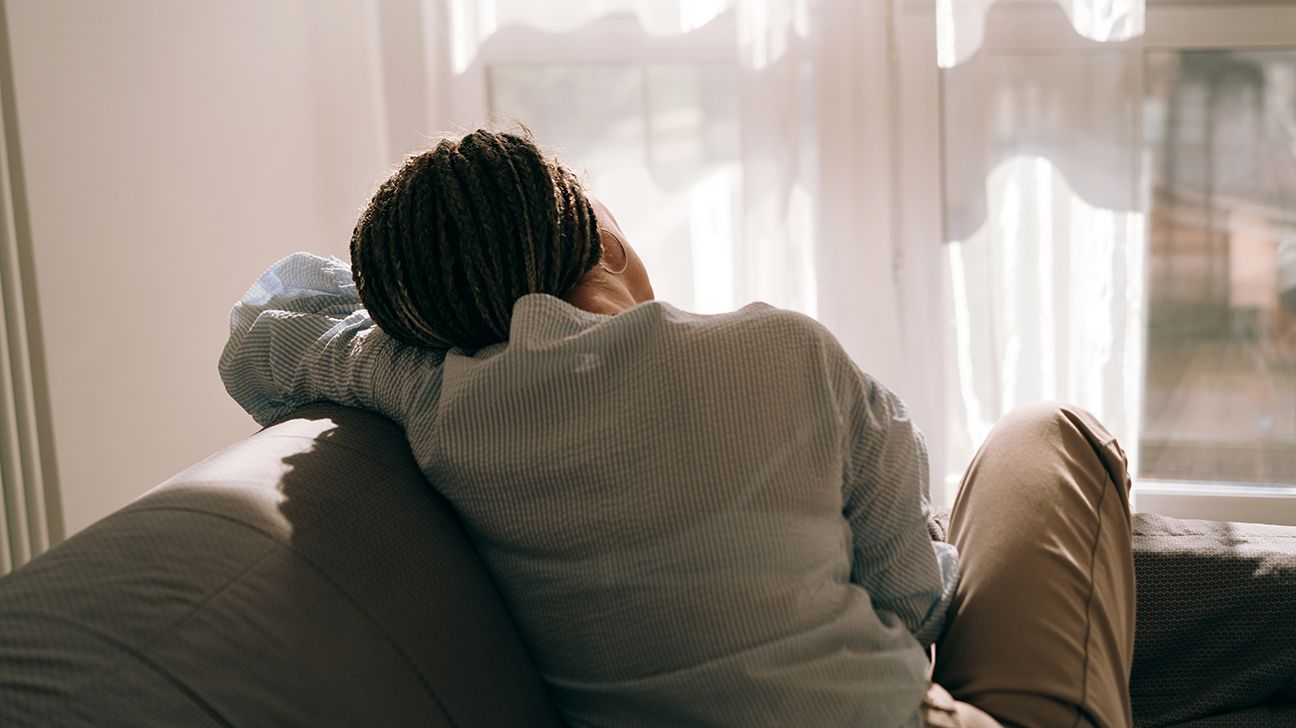Sleep apnea and depression are commonly seen together, and research suggests that both disorders increase the risk of the other.

Sleep apnea is a sleep disorder that affects how you breathe at night. It can lead to issues like trouble sleeping, feeling tired during the day, and even headaches. These problems can make it hard to concentrate and enjoy your day.
Recent research also shows that sleep apnea is associated with depression. So, which condition comes first, and can treatment of one improve the symptoms of the other? Here’s what the research says.
Sleep apnea and depression are strongly associated with one another. In fact, a 2018 study found that about 35 percent of people with obstructive sleep apnea (OSA) had depressive symptoms.
Although depression is a common symptom of sleep apnea, research has found that both conditions increase the likelihood of developing the other one.
In other words,
Symptoms of depression and sleep apnea can sometimes overlap, making it difficult for people experiencing one to realize they’re also experiencing the other. This is especially true because depression can be a symptom of sleep apnea.
Symptoms of sleep apnea include:
- loud snoring
- breathing cessation while sleeping, which may wake you up or be noticed by another person
- waking up abruptly and feeling short of breath
- attention problems
- excessive tiredness during the day
- morning headaches
- sore throat or dry mouth upon waking
- irritability
- difficulty sleeping
Symptoms of depression include:
- irritability, frustration, and anger over small issues
- feelings of sadness, emptiness, or hopelessness
- changes in appetite
- sleep disturbances, like insomnia
- fatigue and tiredness
- trouble thinking or concentrating
- headaches
The key to a differential diagnosis is to first determine if you have sleep apnea, as the sleep apnea may be causing or contributing to your depression.
Consider making an appointment with your primary doctor. They can refer you to a sleep clinic, where you can have your sleep evaluated overnight.
If the healthcare providers there don’t think you have sleep apnea, they can refer you to a mental health professional to talk about your depressive symptoms.
In some cases, treating sleep apnea may help treat depression or reduce its symptoms, especially if it’s the cause of your depression.
You can use some methods to start treating both conditions at home before you even see a doctor. Home treatment for a combination of sleep apnea and depression could include:
- Exercising regularly: This can help alleviate depression and help with weight loss. Weight loss can ease OSA caused by being overweight.
- Avoid sleeping on your back: When you sleep on your back, your tongue may block your airway. Try sleeping on your side or stomach instead.
- Limit alcohol: Drinking can make both depression and sleep apnea worse.
- Avoid sleeping pills: They don’t help sleep apnea and can cause depression in some people.
In a large number of cases, improving the amount and quality of your sleep can help to treat depression and other conditions like anxiety in addition to easing sleep apnea.
If you’re experiencing sleep apnea, depression, or both, and home treatment isn’t helping, consider making an appointment to see your doctor.
Depression is a common symptom of sleep apnea. You’re also
If you’re experiencing sleep apnea, depression, or both, it’s important to reach out to a health professional to find a treatment plan that works best for you.




